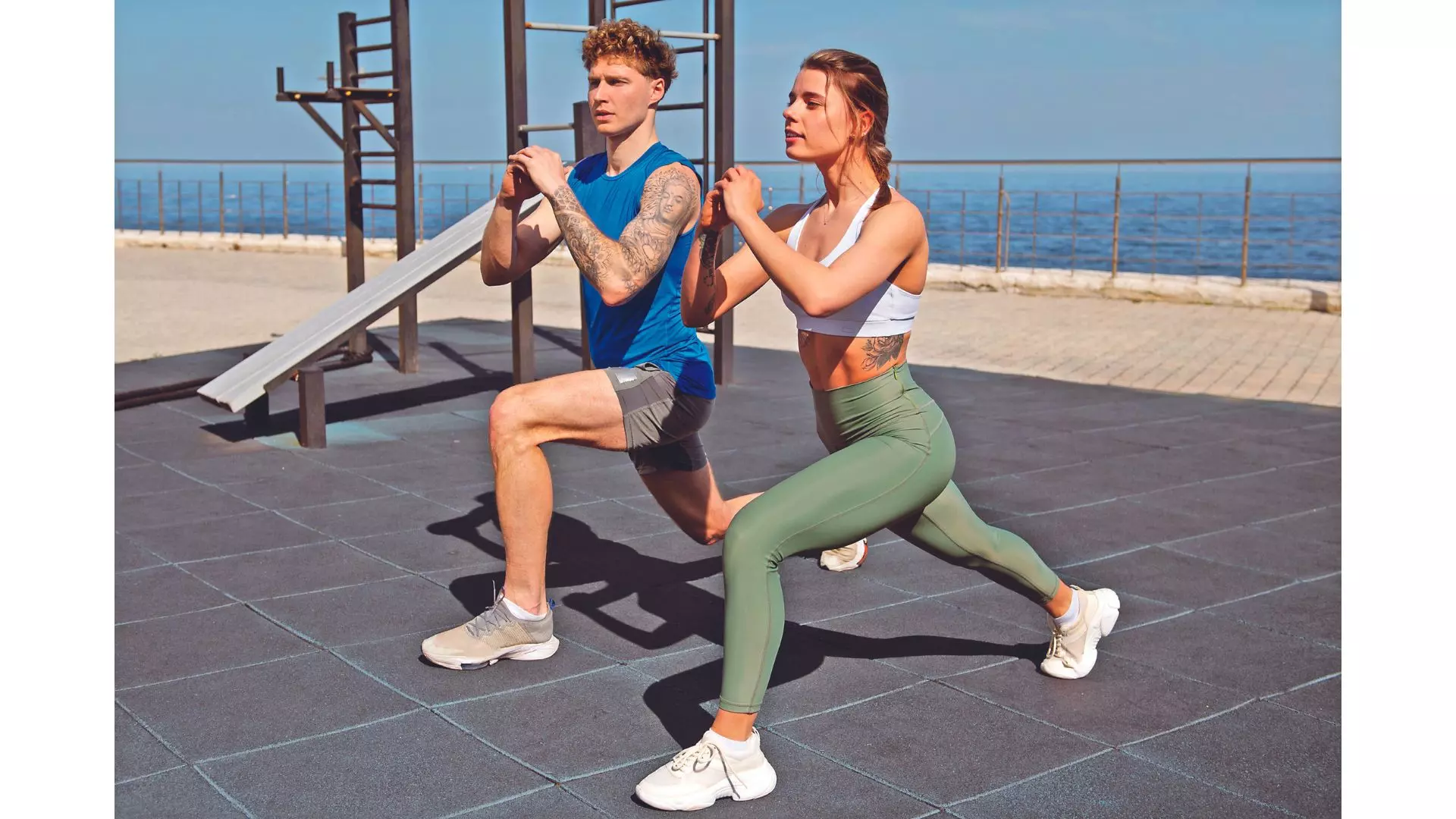Power of reaction

Ananya Panday and Sara Ali Khan can be seen doing response training exercises, which helps improve coordination between different muscle groups and enhances your body’s overall agility.
It is a sort of physical training aimed at improving a person’s ability to adapt quickly and efficiently to external stimuli or changing conditions.
Athletes, members of the military, and anybody looking to enhance their overall coordination and athleticism regularly use this type of training.
“It refers to the speed at which an athlete responds to an external stimulus. Reaction time relates directly to agility but is a smaller component of physical fitness. Reaction time relates to performance because it is used frequently in various sporting scenarios,” says Syed Shahriyar Ali (Sameer), K11 certified personal trainer.
Response time
“Training and challenging your brain can help strengthen the brain and its neural networks. If you frequently train reaction time, the brain's connections will become stronger and healthier, which means that when it comes time to use response time, it will be quicker and require fewer mental resources,” says the fitness expert.
Reaction training improves your reflexes, enabling you to respond quickly to unexpected motions, objects, or stimuli.
It promotes synergy between muscle groups and increase overall body agility. This can lead to improved performance in a variety of physical activities.
It is more than simply physical responses; it also tests your cognitive abilities. It needs you to analyse information rapidly, make decisions, and take appropriate action. This can improve your mental clarity and decision-making skills.
It helps lower the risk of injury in a variety of physical activities. The capacity to adapt your motions in reaction to unforeseen conditions might help you avoid tripping, falling, or colliding with barriers.
Many sports, such as football, basketball, and martial arts, need quick changes of direction and responses to opponents and the ball. Reaction training can dramatically improve an athlete's performance in these sports by increasing their capacity to respond to changing game scenarios.

